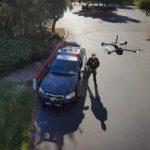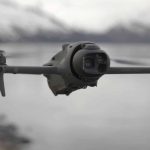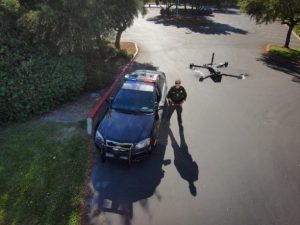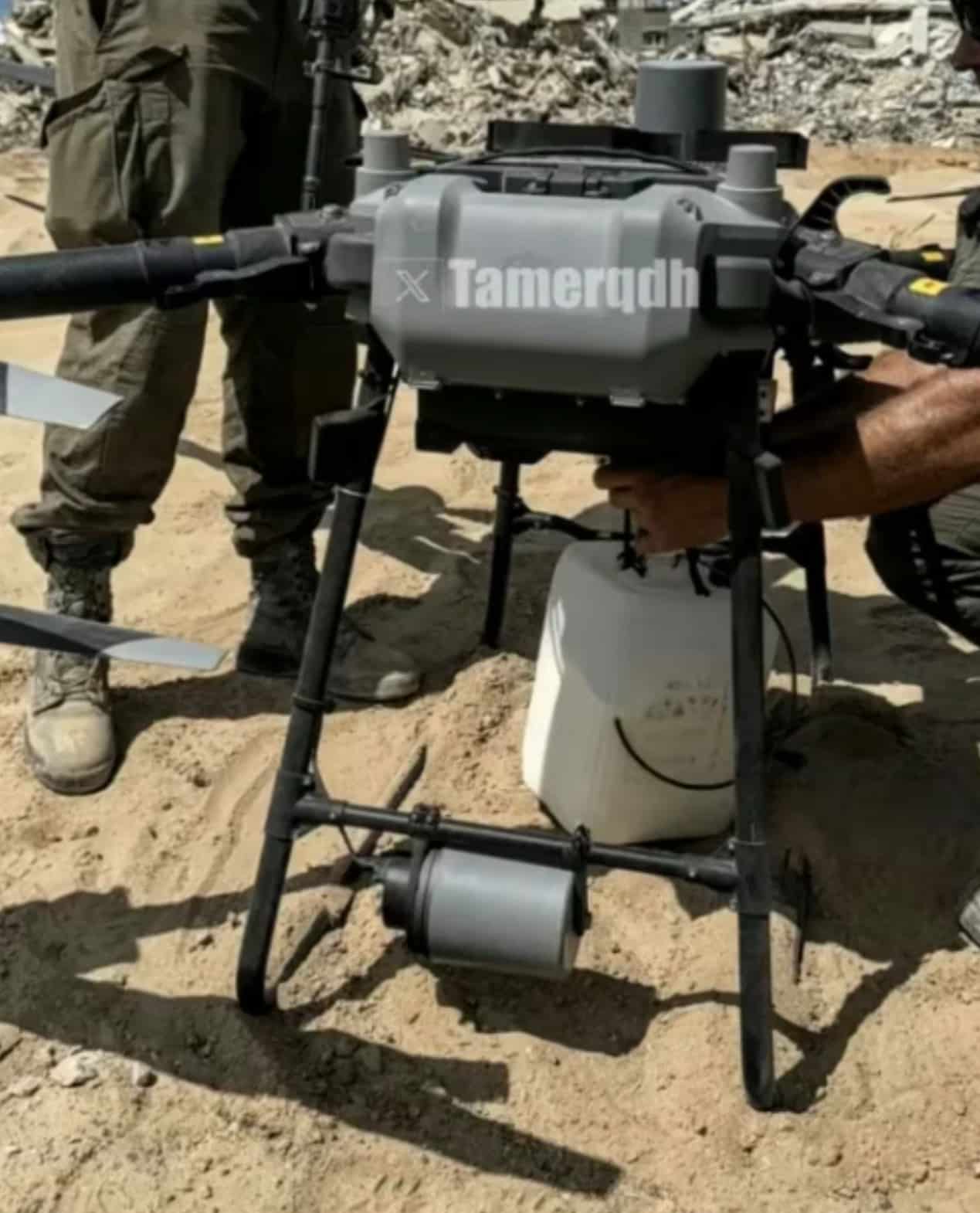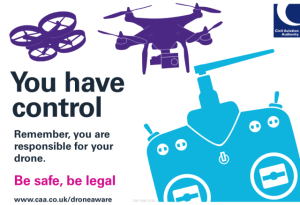Israeli Military Adapts DJI Drones for Combat Operations in Gaza
By Haye Kesteloo | May 8, 2025
An investigation conducted by Al Jazeera’s Sanad verification agency has uncovered that the Israeli military has modified commercial DJI drones for military purposes, including carrying explosives and conducting surveillance in Gaza, affecting civilian populations and infrastructure.
Military Adaptations of DJI Drones
The findings from Sanad detail how various DJI models, including the Agras, Mavic, and Avata, have been repurposed for military operations. Originally designed for agriculture, the DJI Agras can now transport significant payloads and perform precise flying tasks to deliver bombs. One such instance occurred on July 17, 2024, when a DJI Agras bombed a building associated with the IHH Turkish charity in Jabalia, situated perilously close to a school providing refuge for displaced individuals.

Impact on Civilians and Humanitarian Conditions
The modifications to drones have worsened the humanitarian situation in northern Gaza, where the siege imposed by Israel has led to famine-like conditions by late 2024. Reports indicated that a DJI Agras targeted a residential area in Beit Lahia following shelling that displaced people from a UN school. Eyewitnesses described the attacks as calculated to instill terror, while drones have been spotted surveilling Palestinian detainees forced to act as human shields, a practice deemed illegal. A video from December 2023 depicted a DJI Avata tracking a detainee clearing a school in Shujaiya, illustrating the use of drones in urban combat scenarios.

DJI’s Mixed Reactions
DJI’s response to the misuse of its drones contrasts sharply with its past actions, such as the suspension of sales to Russia and Ukraine in 2022 due to similar concerns. The company has publicly stated it does not condone the harm caused by its products; however, it has continued sales to Israel without imposing software restrictions to limit drone operations in conflict zones, raising concerns about accountability in the drone industry.
Regulatory Challenges and Ethical Dilemmas
These developments highlight significant challenges in regulating the weaponization of commercially available drones. Unlike military-grade equipment, consumer drones can be purchased for prices ranging from $500 to $20,000, complicating export controls and compliance with international laws. Such scenarios emphasize the urgent need for stricter regulations and ethical frameworks to avert the misuse of drone technology while promoting innovation.
Conclusion: A Call for Responsible Use
This situation poses a serious dilemma for drone professionals who regard tools like the DJI Agras as revolutionary for civilian applications, not military. It’s an alarming reminder that accessible technology can swiftly be manipulated for harmful purposes. DJI’s delayed action in response to the crisis in Gaza, compared to its proactive steps in Ukraine, underscores the need for advocacy for clear regulations in the drone industry. Drone pilots must remain vigilant about the potential uses of their equipment and promote responsible flying practices.
For more insights, check the original article here.



